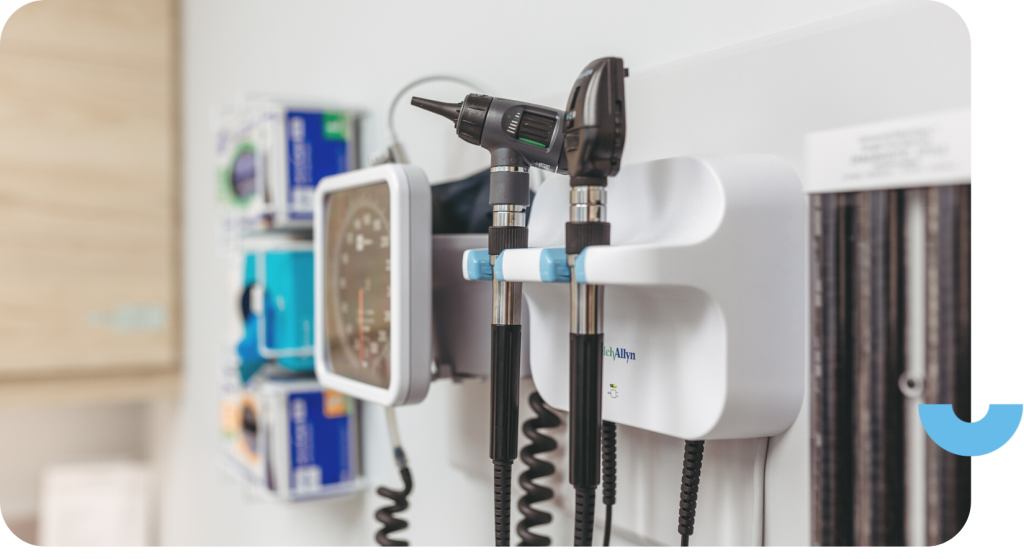Most physicians will receive a complaint at some point
An important part of profession-led regulation is holding each other accountable. Most regulated members are dedicated healthcare professionals trying to provide caring, timely and high-quality patient care. Getting a complaint may cause anxiety but we see it as a learning opportunity—not only for you but also the entire medical profession.
When appropriate, we approach complaints with a focus on learning and improvement as opposed to punishment. Few complaints progress to a formal disciplinary hearing—this is typically reserved for serious cases of unprofessional conduct, such as sexual abuse or misconduct, where patient safety is compromised.

A former CPSA Council president shares his experience
Complaint FAQs
To see more FAQs about Complaints, click on All FAQs and filter by "Complaints"
All FAQsCan a physician file a complaint about another physician?
Yes, it is a physician’s responsibility to report a colleague if they have reason to believe their conduct is putting patients at risk, or may be considered unprofessional under the Health Professions Act.
Review our standard of practice on Duty to Report a Colleague to learn more and if needed, find out how to submit a complaint to CPSA.
I am a physician and have a question about the complaint process, who should I contact?
Physicians with inquiries about complaints can email support@cpsa.ab.ca.
Please note, our Complaints Director or Senior Medical Advisors are not available to respond to general complaint inquiries or offer advice on the complaints process.
Can a complaint be filed against me if I dismiss a patient for being abusive?
A physician can immediately discharge a patient if they are abusive, pose a safety risk, or fail to respect professional boundaries. Please see our standard of practice on Terminating the Physician-Patient Relationship to learn more.
If you need to dismiss a patient from your practice, you do not need to inform CPSA. Notify the patient in writing that they have been formally dismissed from your practice and ensure all relevant details are documented in the patient’s file.
If a patient becomes threatening and you feel your safety or that of your staff and colleagues is at risk, contact local law enforcement immediately
Do I need a lawyer to represent me during the complaints process?
This is up to you, but we do recommend speaking to the Canadian Medical Protective Association (CMPA) for legal advice and guidance.
Does a complaint affect my status with CPSA?
Most complaints are resolved without formal discipline. These complaints become part of your CPSA record but are not made public unless it goes to a disciplinary hearing.
If you apply for a practice permit (licence) in another jurisdiction, you will need a certificate of professional conduct (CPC). A CPC will reflect any open complaints, all complaints resolved through agreement, disciplinary actions and any patterns in complaints received.
All formal discipline decisions will appear on our website and in our newsletter, The Messenger.
Can I bill CPSA for the time I spend responding to a complaint?
No. Responding to a regulator about a complaint is a duty under the Health Professions Act, and is not billable.
I am a physician. Can I access patient records from Alberta Health Services (AHS) to respond to a complaint?
If CPSA receives a complaint about care you provided in an AHS facility, you can request access to health information related to this care held by AHS (such as patient records) for the purpose of responding to the complaint. Simply complete the AHS Physician Use and Disclosure of Health Information for Responding to a CPSA Complaint form and submit it to AHS as per the instructions on the form.
Members of the AHS medical staff can log into the AHS Unified Access Portal to access the form, FAQs and additional information.
Making a complaint
If the conduct of a colleague is putting patients at risk and could be considered unprofessional conduct under the Health Professions Act, you are required to report this to CPSA. Please review our Duty to Report a Colleague standard of practice to understand your responsibilities.
Questions about the complaints process? Please reach out.
Phone: 780-423-4764
Toll-free in Canada: 1-800-561-3899

























